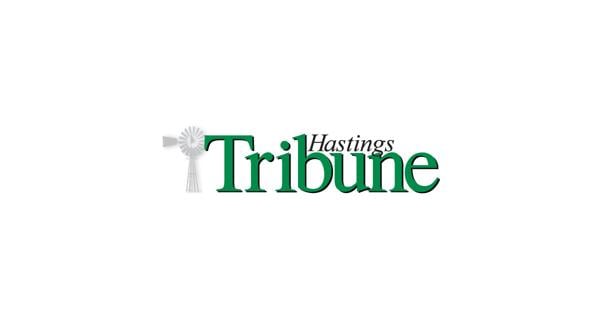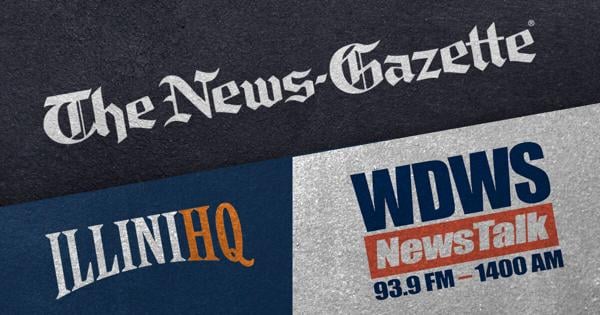
Minnesota has initiated a lawsuit against TikTok, alleging that the popular social media platform employs addictive algorithms that negatively impact the mental health of young users. Filed on Tuesday, the lawsuit claims TikTok violates state laws concerning deceptive trade practices and consumer fraud. Minnesota Attorney General Keith Ellison asserts that TikTok is aware of the potential dangers posed by its platform yet has failed to take adequate action to protect users.
This legal action comes as part of a broader trend, with approximately 24 states in the U.S. pursuing similar lawsuits against TikTok. The Minnesota lawsuit seeks both a declaration that TikTok’s practices are deceptive and a permanent injunction against these practices, as well as financial penalties for the company. Ellison emphasizes the necessity for TikTok to prioritize user safety.
In response, TikTok has disputed the allegations, highlighting its implementation of various safety measures designed to protect users. The platform maintains that it does not intentionally promote harmful content and is committed to creating a safe environment for all users.
Meta Faces Legal Challenges Over Uvalde Shooting
In a separate case, lawyers representing the media giant Meta are seeking to dismiss a lawsuit filed by families of victims from the Uvalde school shooting. The plaintiffs argue that Instagram, owned by Meta, facilitated the promotion of firearms on its platform, which allegedly influenced the actions of the shooter who killed 19 students and two teachers at Robb Elementary School in May 2022.
During a court session in Los Angeles, Meta’s legal team contended that the company’s advertising policies do not provide a means for firearms companies to circumvent the platform’s regulations. As the case progresses, a ruling from the judge is anticipated but is not expected immediately.
UK and US Resolve Dispute Over Apple’s Data Access
In another significant development, the UK government has reportedly abandoned its demand for Apple to grant backdoor access to encrypted user data stored in its cloud services. Tulsi Gabbard, the U.S. Director of National Intelligence, announced on Monday that a resolution had been reached between London and Washington regarding electronic privacy concerns.
This dispute originated earlier in the year when British officials allegedly issued a secret directive to Apple for access to user data. Apple challenged the order, citing privacy concerns and the potential for electronic surveillance. The UK Home Office had not provided a direct comment concerning Gabbard’s announcement.
Space Becomes a Global Battlefield
The landscape of national security is evolving, with space now recognized as a pivotal battleground. Recent cyberattacks on satellites, attributed to Russia, have raised alarms among U.S. officials. Reports indicate that the Kremlin is actively developing space-based weaponry capable of targeting American satellites, posing significant risks to the U.S. economy and military security.
In response to these threats, Washington is bolstering its defense strategies, including initiatives led by the U.S. Space Force, established in 2019. This military branch is dedicated to safeguarding American interests in outer space and countering potential threats from both China and Russia.
Maryland’s Digital Advertising Tax Ruled Unconstitutional
In legal news, a federal appeals court has deemed part of Maryland’s pioneering tax on digital advertising unconstitutional. The ruling, delivered by a three-judge panel of the 4th U.S. Circuit Court of Appeals, concludes that prohibiting companies from disclosing the tax to consumers infringes on their free speech rights.
This decision reverses a previous ruling by U.S. District Judge Lydia Kay Griggsby and directs her to consider appropriate remedies based on the appeals panel’s findings. The tax has faced criticism from major technology corporations such as Meta, Google, and Amazon, which argue it unfairly targets them.
The legal landscape continues to evolve as various states enact similar laws in response to the growing influence of digital advertising and its implications for consumer rights.
As these cases unfold, they highlight the ongoing tensions between technology companies, regulatory frameworks, and societal concerns over safety and privacy.







